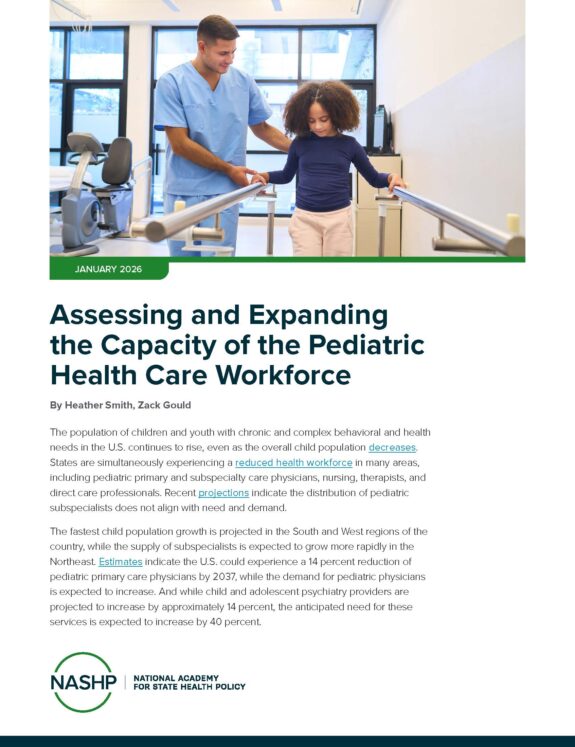Models of Care Delivery for Children with Medical Complexity
Children with medical complexity (CMC) are a subset of children and youth with special health care needs with high resource use and health care costs. Novel care delivery models in which care coordination and other services to CMC are provided are a focus of national and local health care and policy initiatives.
Current models of care for CMC can be grouped into 3 main categories: (1) primary care–centered models, (2) consultative or comanagement-centered models, and (3) episode-based models.
Each model has unique advantages and disadvantages. Evaluations of these models have demonstrated positive outcomes, but most studies have limited generalizability for broader populations of CMC. A lack of standardized outcomes and population definitions for CMC hinders assessment of the comparative effectiveness of different models of care and identification of which components of the models lead to positive outcomes.
Ongoing challenges include inadequate support for family caregivers and threats to the sustainability of models of care. Collaboration among key stakeholders (patients, families, providers, payers, and policy makers) is needed to address the gaps in care and create best practice guidelines to ensure the delivery of high-value care for CMC.
Related Webinar: The lead author and experts in the field review the article’s key content and share throughts on the implications of its recommendations.
This article is part of a supplement to Pediatrics entitled, “Building Systems that Work for Children with Complex Health Care Needs.”

